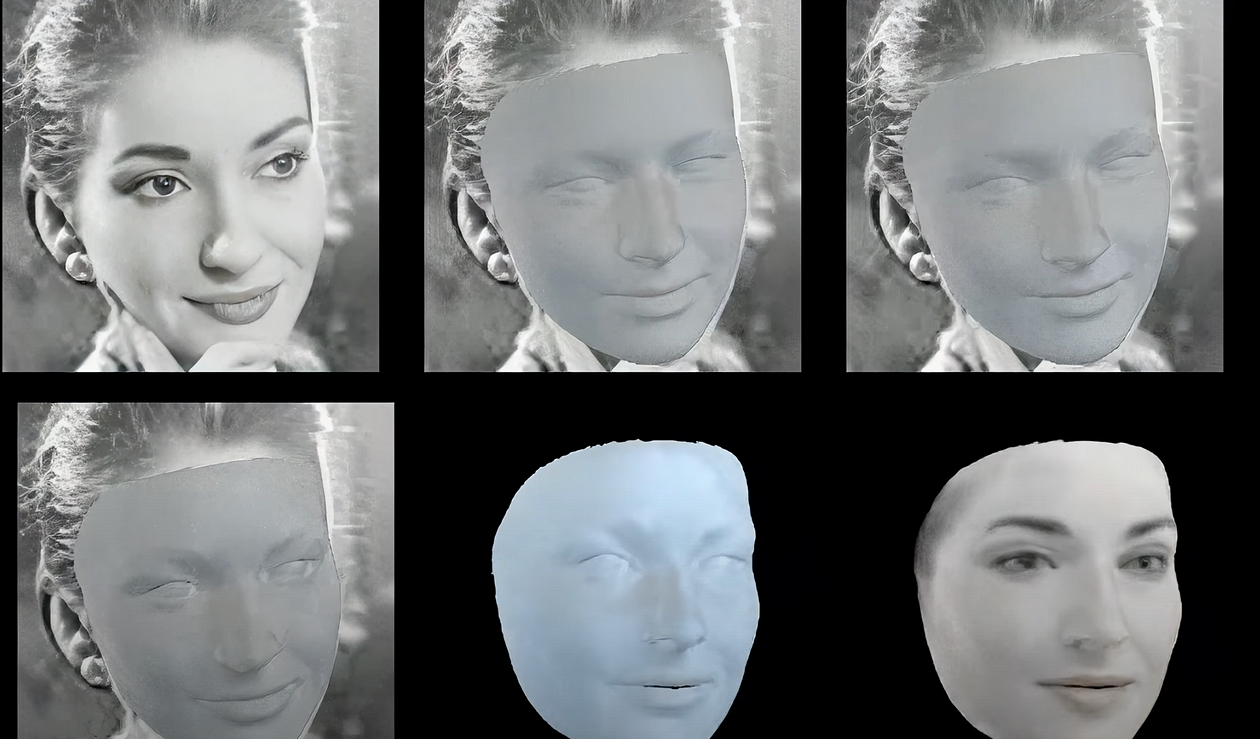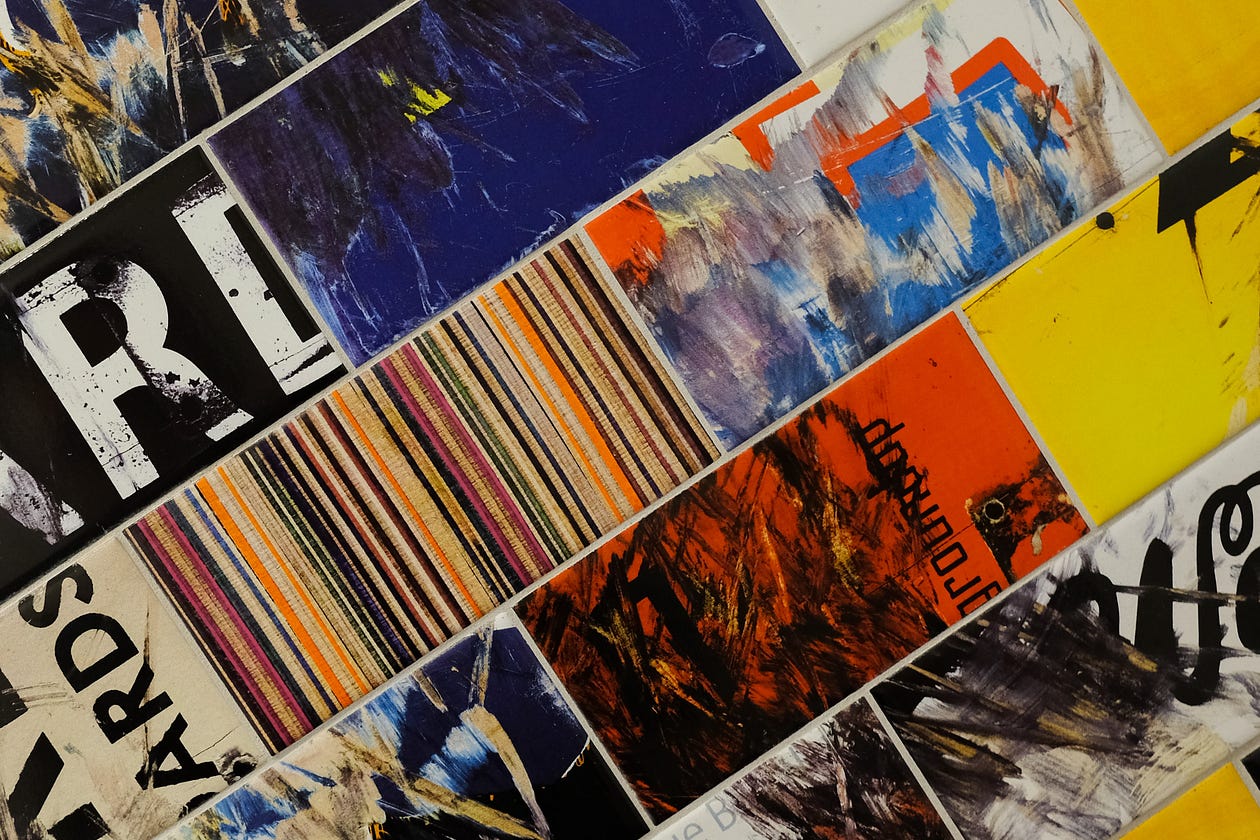Death Tech Start-ups vie for market share

Who would have thought that releasing a technology that uses artists’ original art without copyright or compensation would cause numerous legal disputes six months later?
We didn’t have to wait long before the lawyers were called in. First Getty Images has challenged numerous AI companies for their use of Getty copyrighted images which train their image-generating algorithms. Getty filed a copyright claim against Stability AI, the generative-art imaging tool that has caused controversy throughout its six-month public release. The UK case is one of the first of its kind and will set a precedent for future cases.
Getty holds more than 135 million copyrighted images that Stability AI, valued at $1bn, had:
“unlawfully copied and processed millions of images protected by copyright . . . to benefit Stability AI’s commercial interests and to the detriment of the content creators.”
In the US, three artists filed a class-action suit against Stability AI, Deviant Art, and Midjourney for their use of Stable Diffusion after discovering their artwork had been used to train their AI data sets without permission or compensation.
Stability AI responded to their accusations by stating this:
“represents a misunderstanding of how generative AI technology works and the law surrounding copyright.”
Death Technology
A South Korean AI start-up company called DeepBrain AI recreates family members as AI humans and enables loved ones to communicate with them after they have passed away. DeepBrain AI combines video and voice synthesis that enables real-time communication from a data set of seven hours of recorded data. Videos are created of the person while they are alive and the recorded data is transformed into an AI human by deep learning and resembles the person’s appearance, voice, and expressions.
The American start-up StoryFile was founded in 2017 and created interactive holograms of Holocaust survivors. The project was so successful that they developed it for the masses in the death tech space. Anyone can create a StoryFile by recording a set of videos with recorded answers to questions.
Both death tech companies use video and voice AI to record hundreds of answers to questions. The AI works by understanding the right answer to the question posed by the loved ones left alive. This gives an illusion of conversation but there is no emotional connection from the recording. A complete stranger could ask the AI questions and it would still answer in the same way.
Ginger Liu is the founder of Ginger Media & Entertainment, a Ph.D. Researcher in artificial intelligence and visual arts media, and an author, journalist, artist, and filmmaker. Listen to the Podcast.







